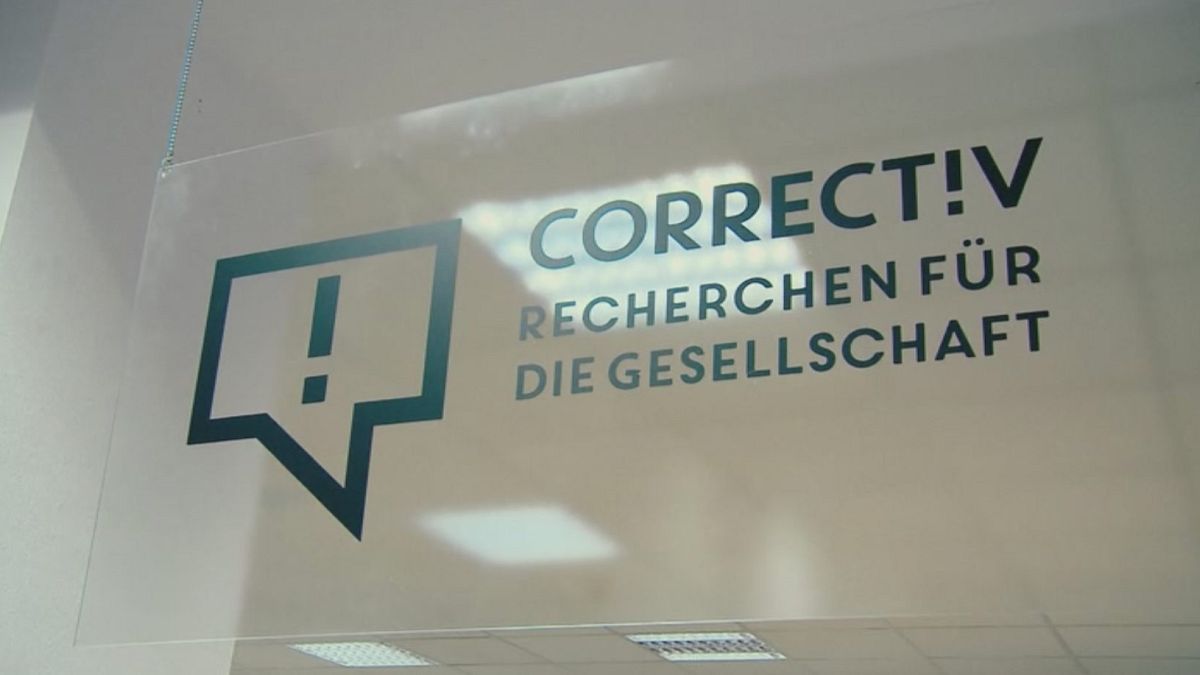Sometimes the truth may be stranger than fiction, but the line between fact and fiction is being blurred by fake news.
Sometimes the truth may be stranger than fiction, but the line between fact and fiction is being blurred by fake news.
UK
So concerned are British MPs by the phony stories that they have launched a probe into the phenomenon.
The head of the committee leading the inquiry said fake news is ‘a threat to democracy and undermines confidence in the media’.
One of the fears is how the internet is being used to spread disinformation, both for profit and for propaganda.
“We’re talking about, not just made-up stories or untrue stories – those have always been with us – what we’re talking about now is the possibility that particular groups or countries or political parties can set up entire networks of fake news. So web sites that produce it, other web sites that echo it, social media campaigns that produce and repeat it,” explained Anne Applebaum, Pullitzer prize-winning author and fake news expert.
Political weapon or cash-cow
Advertising technology companies are under fire for how easily their ad services can be used by fake news sites to make money. They make money from drawing people to their sites with barely believable ‘click-bait’ headlines. However, the problem is that many mainstream news outlets use a similar method to attract visitors to their own websites, in order to gain ad revenue in the same way. The UK parliament probe will be looking into how to prevent the proliferation of for-profit fake news sites.
But what about news sites with a political purpose?
For analysts fake news is ‘weaponised information’. In 2015 the EU’s External Action Service set up East StratCom Task Force “to address Russia’s ongoing disinformation campaigns”. It has a mythbusting network “comprised of more than 400 experts, journalists, officials, NGOs and Think Tanks in over 30 countries reporting disinformation articles to the task force.”
Germany
A church in Dortmund gained instant notoriety after being subject to a fake news story claiming a mob of 1,000 Muslims set fire to it. The article was shared thousands of times before being debunked.
German investigative newsroom, Correctiv, helps social media platforms like Facebook to fact-check fake news.
“We’ll look at it and check if it’s a fake news story, and wherever these news stories appear on Facebook, a small window will pop up and inform people that this news is challenged by fact checkers,” explained Correctiv journalist, David Schraven.
Germany’s Anglicism of the year is fake news, so it’s no surprise that the government is considering legislation that could impose fines of up 500,000 euros on Facebook and other online platforms for failing to flag spurious content.
The fears of the impact of fake news on politics comes at a critical time, with the country’s own intelligence agency warning of the potential impact of disinformation campaigns on the upcoming elections.
Telling fakes from the real thing
Facebook came in for heavy criticism after many false stories were spread on its platform during the US election. The company has responded in several ways. It has asked for help from the International Fact Checking Network. Facebook users flag posts they think are misleading or false, and they go to third-party fact-checkers working with IFCN.
It also launched it’s journalism project to ‘establish stronger ties between Facebook and the news industry’. This includes working with First Draft News on a project “to collaborate on improving how information that emerges online is reported, verified, circulated and consumed.”
However, the battle to fight fake information is not as simple as it may seem. British newspaper The Guardian reported on a fake fact-checker in Sweden, Mediekollen. The Facebook group claimed to be debunking false stories, except that it was reinforcing the fake information.
